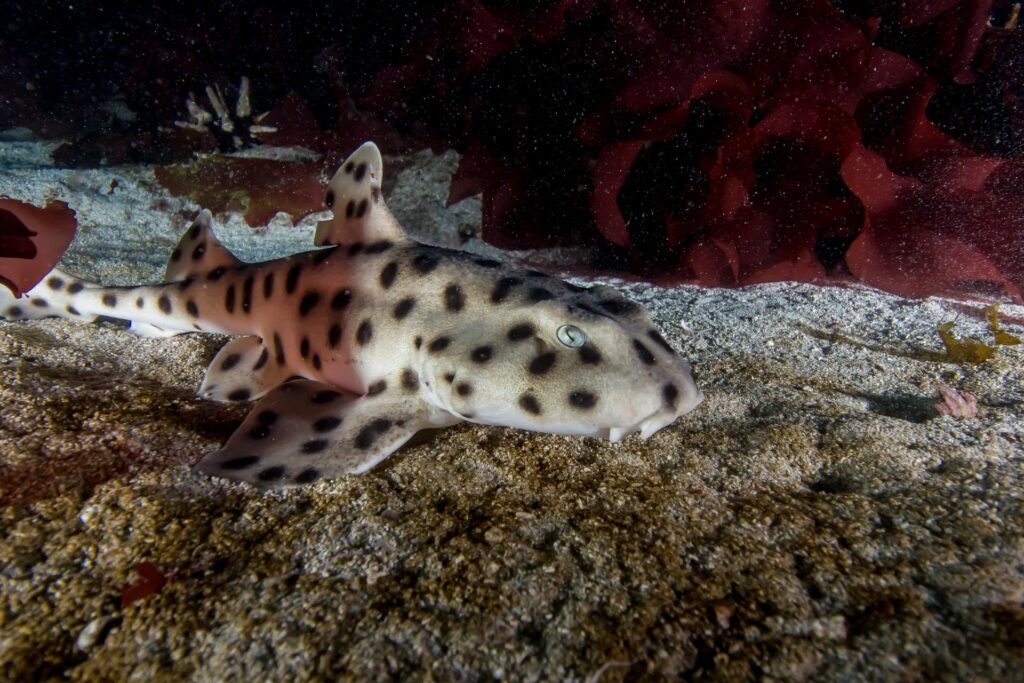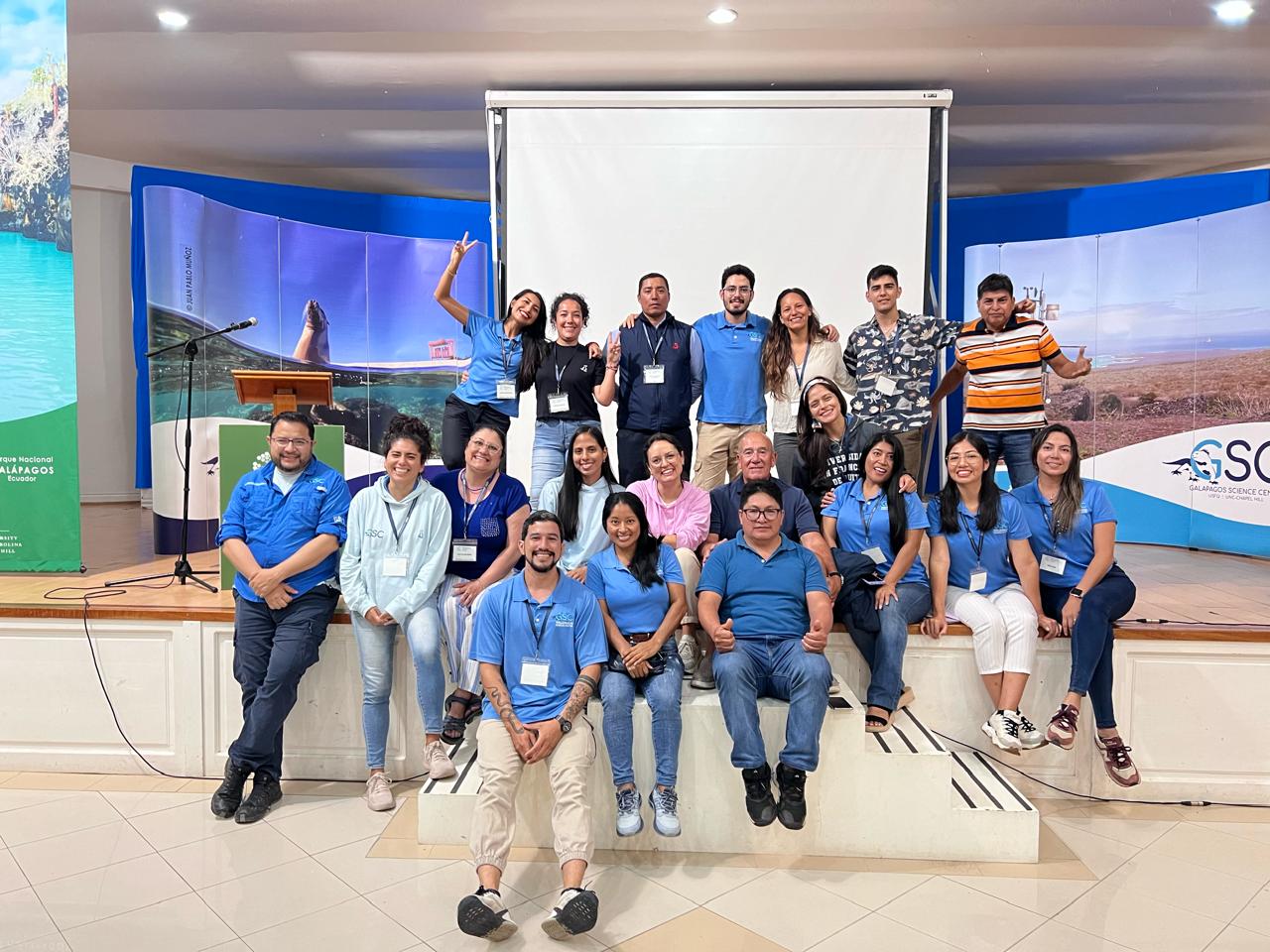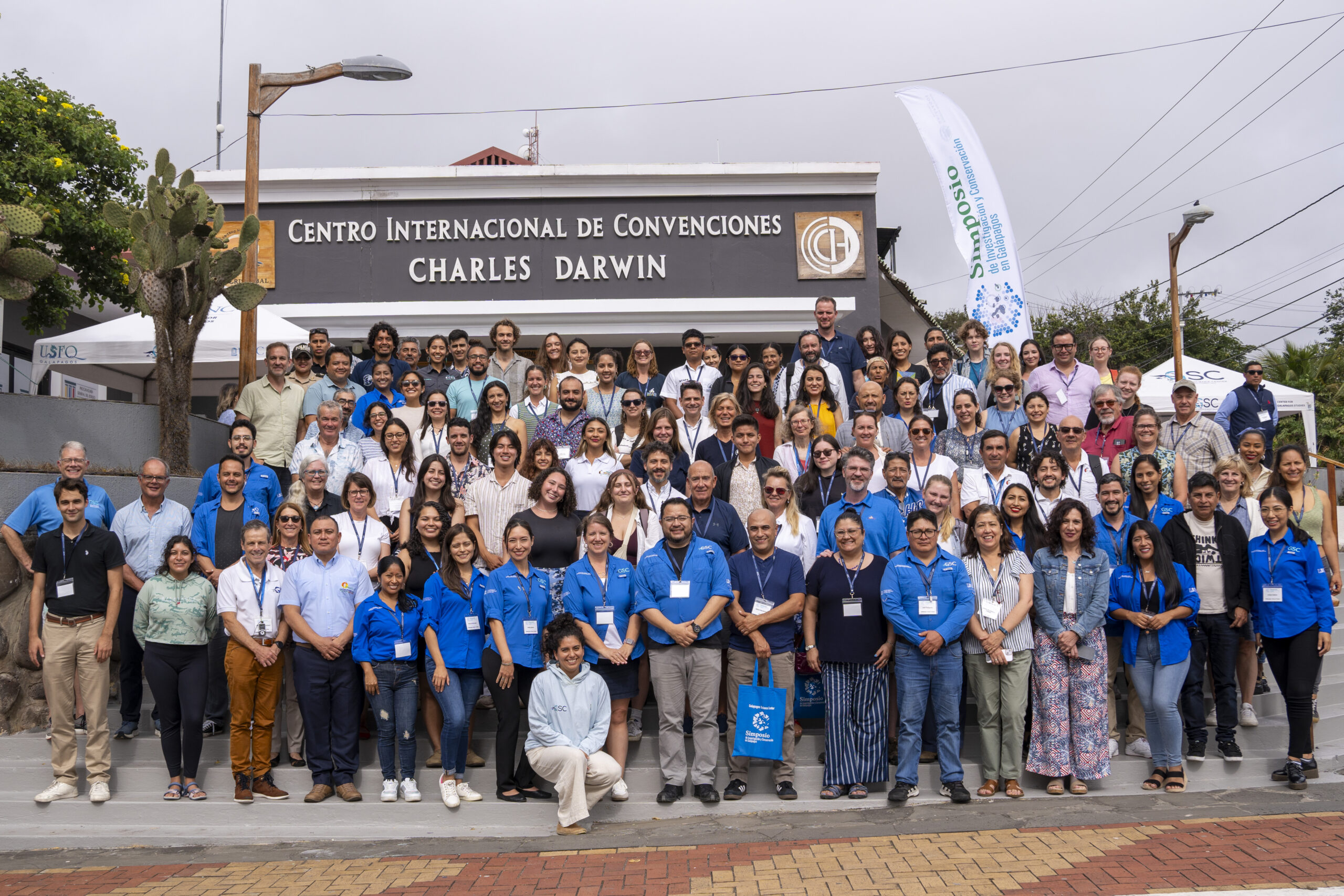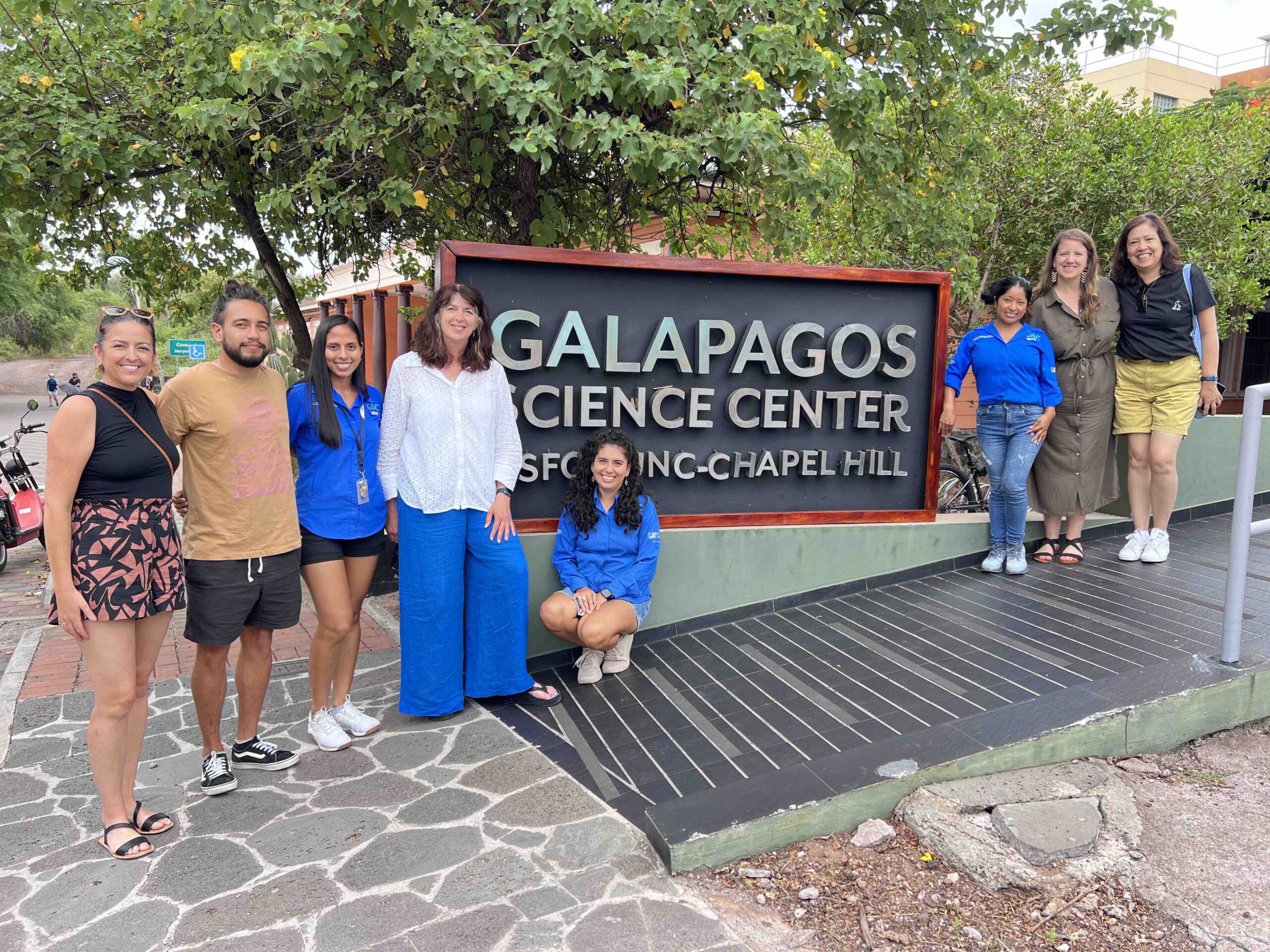Autores: Maximilian Hirschfeld, Adam Barnett, Marcus Sheaves y Christine Dudgeon
Las islas oceánicas desempeñan un papel central en el estudio de la evolución y la biogeografía insular. Las Islas Galápagos son uno de los archipiélagos oceánicos más estudiados, pero la investigación se ha centrado casi exclusivamente en organismos terrestres en comparación con las especies marinas. En este estudio, utilizamos el tiburón cebra de Galápagos (Heterodontus quoyi) y los polimorfismos de nucleótido único (SNP) para examinar los procesos evolutivos y sus consecuencias para la divergencia genética y la biogeografía insular en una especie marina de aguas someras sin dispersión larval. La separación secuencial de las islas individuales de un grupo central de islas estableció gradualmente diferentes profundidades oceánicas entre las islas, lo que representa barreras para la dispersión en H. quoyi. El análisis de aislamiento por resistencia sugirió que la batimetría oceánica y las fluctuaciones históricas del nivel del mar modificaron la conectividad genética. Estos procesos dieron lugar a al menos tres grupos genéticos que muestran una baja diversidad genética y tamaños efectivos de población que se escalan con el tamaño de la isla y el nivel de aislamiento geográfico. Nuestros resultados ejemplifican que la formación de islas y los ciclos climáticos moldean la divergencia genética y la biogeografía de los organismos marinos costeros con dispersión limitada, comparables a los taxones terrestres. Debido a que escenarios similares existen en las islas oceánicas de todo el mundo, nuestra investigación proporciona una nueva perspectiva sobre la evolución y la biogeografía marina con implicaciones para la conservación de la biodiversidad insular.
Obtenga más información aquí.






